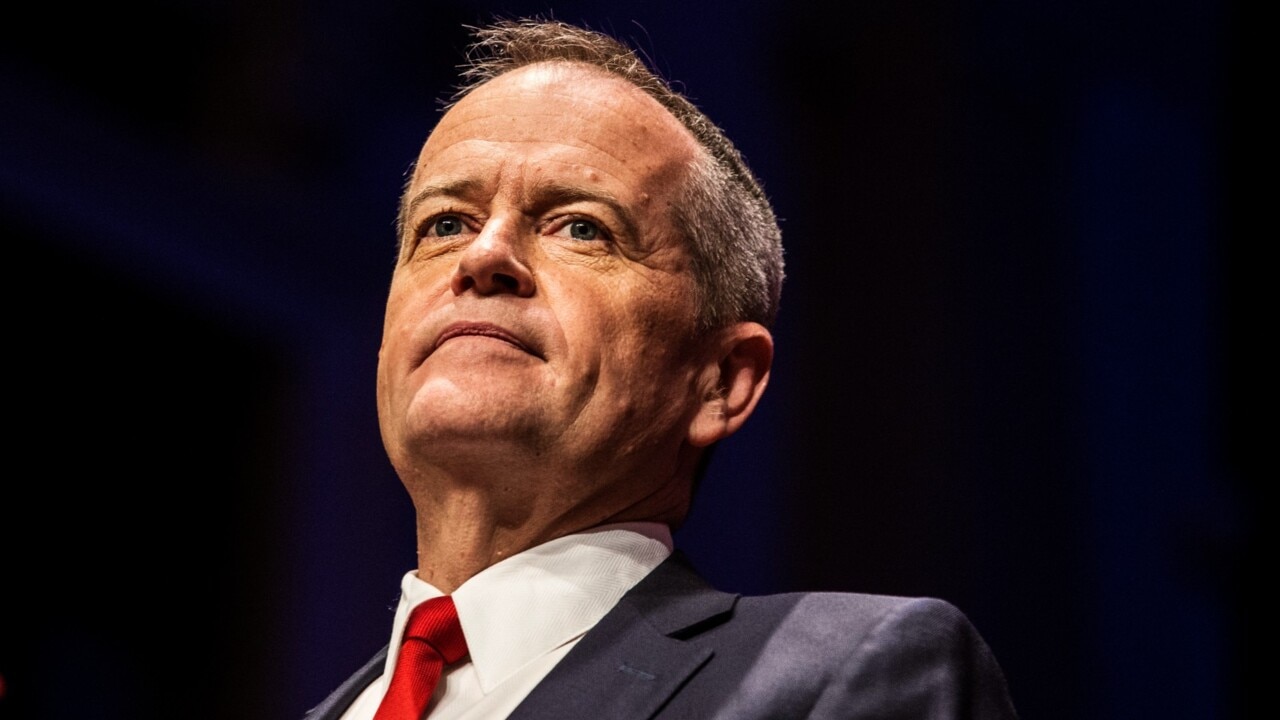NDIS workforce failures affect care quality
A new paper says workforce arrangements are lowering the quality of support and care provided to more than 600,000 NDIS participants.

Poor pay and insecure work conditions for up to 250,000 disability support workers is affecting the quality of care for National Disability Insurance Scheme participants and putting the scheme’s viability at risk.
The new study has found increasing reliance on independent contractors, third party intermediaries and digital platforms connecting NDIS participants to workers is leading to lower quality assurance and less oversight of care.
The Australia Institute’s Centre for Future Work briefing paper calls for an urgent overhaul to the NDIS workforce regime, including ensuring all NDIS-funded disability support workers receive at least $34 an hour.
It also proposes mandatory registration and accreditation for all disability care workers, 40 per cent of whom are casual, and that all NDIS service providers become registered.
Doing so would better protect more than 600,000 people with disability who currently have an NDIS package and better support around 250,000 workers, mainly women, who provide care services in the scheme, the paper says.
“Conditions of work in the NDIS are poor and deteriorating,” the paper by Fiona Macdonald, the centre’s policy director, industrial and social, says. “The design of the NDIS, with its market basis and poor and uneven regulatory oversight, has undermined fair pay and working conditions for disability support workers and is threatening workforce stability.”

Dr Macdonald told The Australian some disability support workers were earning as little as $24 an hour as level 1 or 2 homecare workers when they should be receiving at least $34 an hour, the award rate for level 2 and 3 social and community services workers.
“While most providers charge NDIS participants in accordance with this NDIS maximum price, it appears many are not passing on the correct pay to workers,” she said.
The future of the NDIS and its workforce is under intense scrutiny, with an independent review into the scheme being conducted by one of the original scheme architects, professor Bruce Bonyhady, and former senior public servant Lisa Paul set to report by the end of October.
It coincides with ongoing work by the Albanese government to develop a National Care and Support Economy Strategy, as well as proposed national industrial relations reforms aiming to clarify what is considered an employment relationship and a contracting relationship.
Dr Macdonald said she was concerned that on current evidence, the workforce reforms being floated would not go far enough. “The fixes proposed so far are fragmented and not enough to ensure the scheme is effective and sustainable, protecting jobs and people with disabilities,” she said.
The NDIS currently supports 610,000 people with disability, with numbers projected to move towards one million by 2032. After projections put total NDIS annual costs at about $90bn by that year, national cabinet in May imposed an 8 per cent cost growth target by 2026.
The report says workforce issues are a real risk to workers’ welfare and the ongoing viability of the scheme. “A large and growing proportion of NDIS support is provided by workers where there is little to no regulation of service quality and safety and little support or training for workers,” it says.
“Despite concerns about the risks of abuse and neglect of people with disability where there is poor oversight of service provision, unregistered service providers have a competitive advantage in the NDIS market.
“Unregistered providers can provide services at lower cost or take a greater share of the NDIS-funded service fees as profit … because they do not bear the costs of quality assurance required to comply with quality and safeguarding standards that are associated with registration.”






To join the conversation, please log in. Don't have an account? Register
Join the conversation, you are commenting as Logout